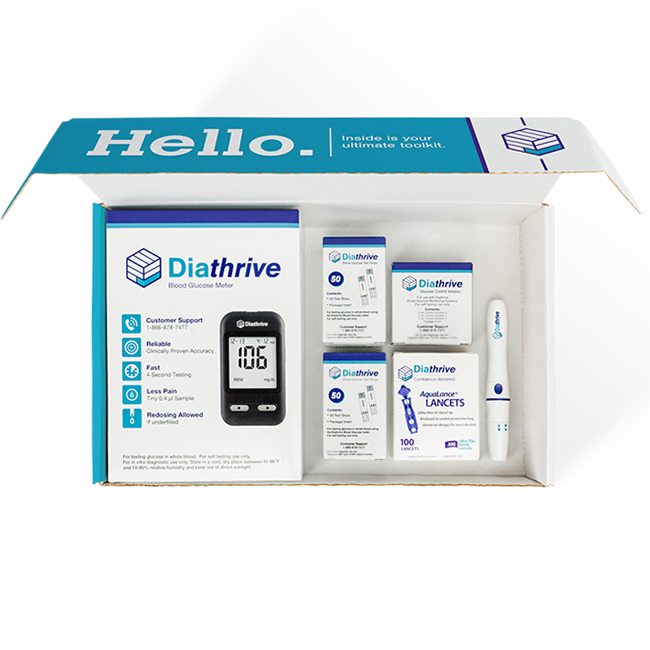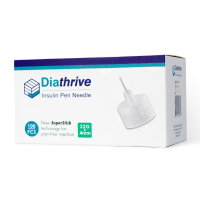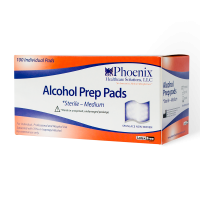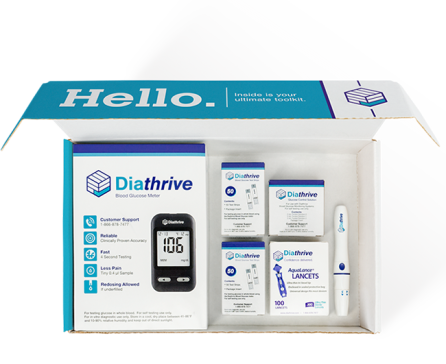
Diabetes management takes a team approach, but your health plan is individualized. And you have certain rights and responsibilities to yourself. Here are 5 important ones to think about.
Recently, I had a conversation with an individual diagnosed with Type 2 diabetes. We spoke about how important it is for people living with diabetes (PWD) to know the specifics of their diabetes management.
Your health care professional treatment plan comes from the data your provider receives from you through conversation (nonverbal and verbal) and test results. And although there are general recommendations for diabetes, knowing what your body needs and what works for you are essential to achieving and sustaining optimal health. In addition, your diabetes health plan affects your day-to-day decisions, including whether or not to exercise, drive, or even go to the emergency room.
Therefore your diabetes management takes a team approach, but your health plan is individualized. And you have certain rights and responsibilities to yourself.
Rights and Responsibilities: 5 Considerations
Here are five things I want you to consider regarding your rights and responsibilities in your diabetes health plan.
You have the right to know your lab results.
Often, I’ve talked with PWD who don’t know their A1c and reported that “I guess it was okay. My doctor didn’t say anything.” Your responsibility to your diabetes plan is to ask about your results to better understand your body’s response to your treatment plan. The more you know about your health, the better you can avoid or delay diabetes-related complications.
You have the right to know your blood sugar parameters.
Your responsibility is to ask what is low (hypoglycemia) and high (hyperglycemia) for you. If at all possible, ask for an action plan. It is usually color-coded with green, yellow, and red. Your healthcare provider writes blood sugar ranges and designated action for each color zone. Green is the blood sugar range that is safe for you. Yellow blood sugar range means you need to use caution. You want to monitor your foods, activities, and glucose more carefully. A red zone usually means you need immediate attention. Several studies have demonstrated that PWD have 2 to 6 times higher hospital admission rates than those without diabetes. An action plan may help you avoid an unnecessary trip to the hospital.
You have the right to cost-effective, efficient, and quality care.
However, if you feel like you are not receiving the care you desire and deserve, your responsibility is to get the right help you need. Always check with your health insurance to see if there are any additional copays, referrals, or paperwork you need for a second opinion or change of healthcare provider.
You have the right to ask questions.
If the question is on your mind, ask. In other words, trust yourself. If there is anything you don’t understand about your diabetes, diabetes management plan, ordered tests, and others, ask. If you feel uncomfortable asking, you can write your questions down on a sheet of paper and have your doctor write the answers underneath your questions.
You have the right to test your blood sugars.
You are responsible for knowing your blood sugars daily and having the equipment you need. You can answer questions such as, should I drive now? Or should I stop what I’m doing and treat my low blood sugar?
Knowledge is power, but what we do with knowledge makes it and you powerful.





